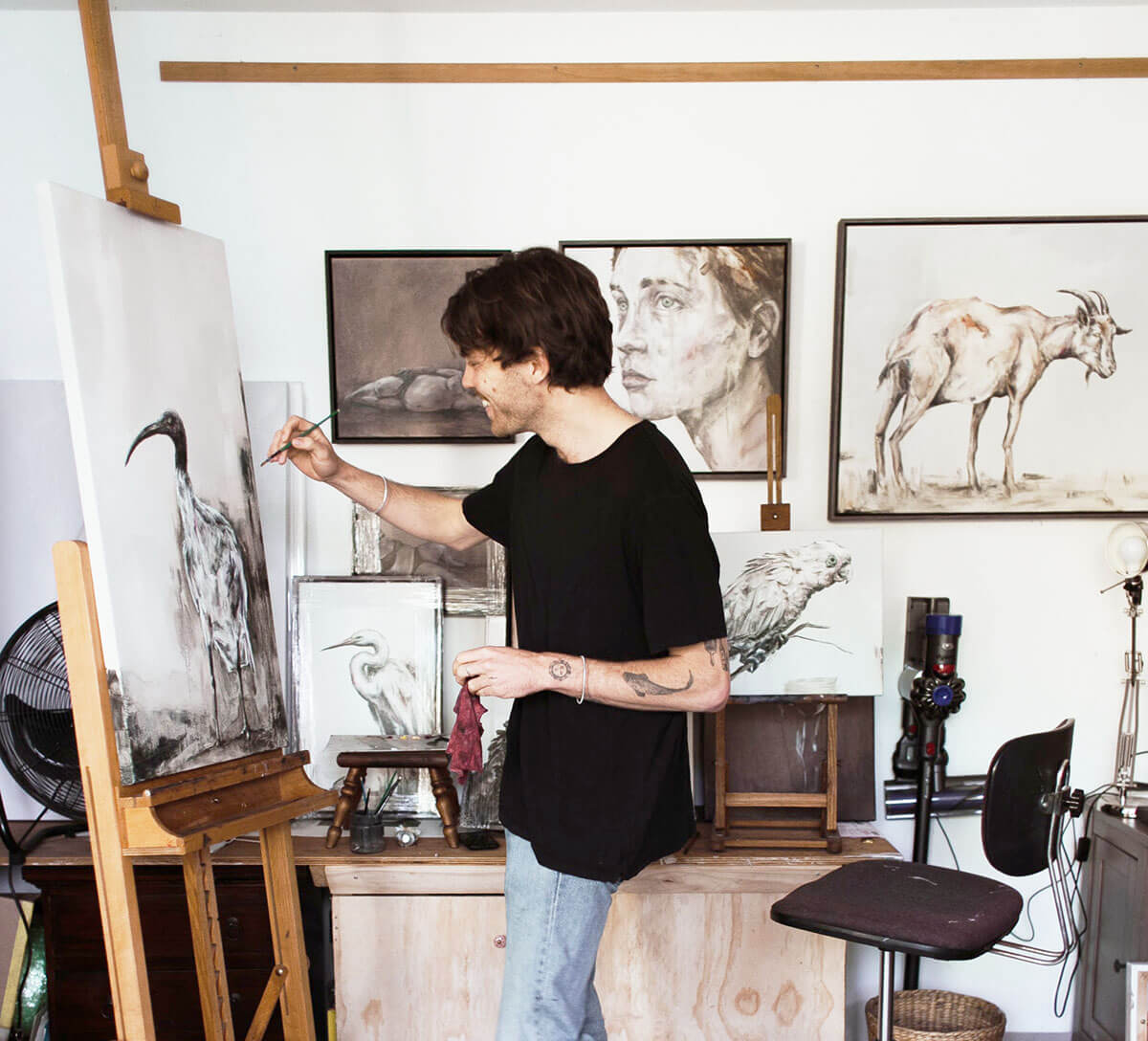Travel companies across all segments are grappling with rapid advances in artificial intelligence (AI). Questions they are asking include: What use cases make most sense? Is my data centralized and accessible to glean meaningful insights? Can I trust what the AI is producing? And what large language model best suits my needs?
Generally, the message from experts across the travel industry is to “lean-in” to the technology, put some guardrails in place and let employees experiment. However, while some are all in with the belief that the technology will replace humans, others are taking a more cautious approach.
“In hotels, I think AI can lead to a miracle, but it does require them today to really lean into it,” said Matthijs Welle, CEO of Mews.
During a discussion on unlocking productivity using technology at last week’s Mews Unfold event in Amsterdam, Welle said the company is providing hotel customers with AI-powered, “tweet-size” data on guests’ previous stays and preferences to help increase revenue through upselling and personalized experiences.
“But the information is just the information unless you sit down with your team and say ‘now we’ve got these tips, we’ve got these AI insights that we’re getting from historic inputs, what are we doing differently?’ And that is the discussion that I don’t think a lot of hotels are having,” he said.
Subscribe to our newsletter below
But to even get that far, the data has to be collected in a central place and cleaned up. Bryson Koehler, CEO of Revinate, which helps hotels attract direct bookings, said best uses of AI in hotels vary across the technology stack, but in all cases it’s important to start with the data.
“It’s interesting to see a continued increase in the dirtiness of data. We’re not making it better,” he said.
“We see that as we go into new customers and the data we’re inheriting from their systems, the amount of cleansing that has to occur. So, I think data cleansing is a really big use case, helping augment the capabilities of the marketing team or the front desk team.”
In-house adoption
Both Bryson and Welle acknowledged that it is still early days for the travel industry and the technology.
“We have deployed a tool called Glean internally, which is incredible. It connects to all of our platforms, [but] after a month we still see that 20% have not even logged into it,” Welle said.
“Why not? They say they need training, but it would be the best trainer to use [the technology] than any personal trainer. You’ve just got to do it, you’ve just got to be comfortable with it.”
But Valerie Parkes, senior director of business relationship management for Choice Hotels International, said training is needed because it is a new technology and “people don’t understand how to engage with it.”
“We rolled it out, nobody was using it,” she said.
“We did some training and we’re automatically seeing the engagement rise dramatically.”
GenAI is super cool and everybody wants to do it, everybody wants to spend money on it, but are you just throwing that money away? So we’re really looking at it from the standpoint of what makes the most sense to do, when.
Valerie Parkes, Choice Hotels
She also shared how an organization of the scale of Choice, with 7,400 properties globally, approaches the deployment of AI.
“Obviously there are security concerns, we have all this data, how do we be safe about it? We’ve done a lot of putting that infrastructure together like making sure we’ve got legal involved, making sure we’re thinking it from the standpoint of what are the right things to do and making sure you’re looking at outcomes,” Parkes said.
“Yes, genAI [generative AI] is super cool and everybody wants to do it, everybody wants to spend money on it, but are you just throwing that money away? So we’re really looking at it from the standpoint of what makes the most sense to do, when,” she said.
Most hospitality companies are in the experimentation phase with AI, according to Carlo del Mistro, chief digital officer of Ennismore, Accor’s lifestyle hotel unit. He said that very few companies are employing something customer facing at scale.
“We are experimenting with internal tools, we have internal policy bots, ways for our employees to do faster training, answering questions,” he said. “Consumer facing is where we allow some of our brands, for example 25hours, to experiment with consumer facing chatbots, or to try to interface all the way almost to showing the booking panel and the payment screen. We haven’t done the whole journey to the end but that’s the next step. It’s continuous experimentation with different brands and different experiences, so if something breaks, it doesn’t impact the whole group and it’s quicker to roll back.”
Building a culture of innovation
The session also touched on how to engage hotel employees in new technology whether it’s AI, customer relationship marketing [systems] or property management tools.
Welle believes passionate people should be made into champions of the technology and given a “remit to go and change some things.”
Mews will sometimes find the most forward-thinking general manager (GM) in a chain of hotels and deploy that hotel first to encourage adoption more widely.
“The first GM, with the first deployment, leans into the innovation, then tells a story to the rest and gets everybody excited. It’s this culture building, finding people who are passionate and enabling them to run with it,” he said.
Koehler said it’s also about making sure the technology is easy to use because fewer employees tasked with more will naturally adopt new technology if the user experience is good.
“The industry is facing uncertainty, but I think there’s a structural shift that is occurring. We live in an exciting time to adopt these technologies,” he said. “The cost of labor is not going back, it’s not going to return to the mean. The industry has always faced headwinds in the past, whether it’s terrorist activity, a SARS breakout, bird flu or financial crisis, but things would always return to the mean. I’m not sure that labor, cost of energy, maintenance, are returning to the mean anytime soon.”
Circling back to questions travel companies are asking about AI, the session ended with some advice on where the industry should start. Parkes said hotels need to stop thinking of technology as solving everything and think instead of what the desired outcome is.
“It’s not the technology that’s the problem. It’s that you haven’t thought through what the what is, what your outcome is and what the processes need to be. Technology is never going to solve that if you don’t figure that out,” she said.
*The reporter’s attendance at the event was supported by Mews.



:max_bytes(150000):strip_icc():format(jpeg)/tal-flight-attendant-approved-carry-on-set-tout-22ced11f7c1f47d79d570ba519aa6360.jpg?w=150&resize=150,150&ssl=1)



